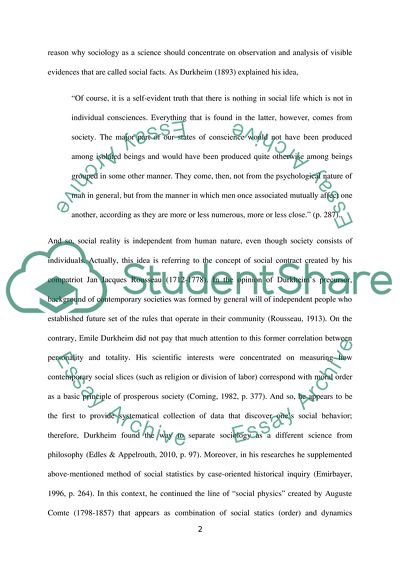Cite this document
(“The Dualism Of Human Nature And Its Social Conditions Essay”, n.d.)
Retrieved from https://studentshare.org/sociology/1653940-the-dualism-of-human-nature-and-its-social-conditions
Retrieved from https://studentshare.org/sociology/1653940-the-dualism-of-human-nature-and-its-social-conditions
(The Dualism Of Human Nature And Its Social Conditions Essay)
https://studentshare.org/sociology/1653940-the-dualism-of-human-nature-and-its-social-conditions.
https://studentshare.org/sociology/1653940-the-dualism-of-human-nature-and-its-social-conditions.
“The Dualism Of Human Nature And Its Social Conditions Essay”, n.d. https://studentshare.org/sociology/1653940-the-dualism-of-human-nature-and-its-social-conditions.


